For those curious about colonialism, the wayback world just got woker.
What were all the trans people doing in 1725?
Where were all the bisexuals in 18th century America?
Such questions are pressing, and answers are forthcoming.
As relayed by The Virginia Gazette, Williamsburg’s giving history a probe — to discover antiquity of the Lesbian, Gay, Bisexual, and Transgender sort.
Were there bushels of once-called “alternative lifestyle” in the days of bonnets, Bible, and butter-churning?
How edgy were nighttime escapades when chastity was the breakfast of champions?
Historians are poking at the possibilities.
Hence, the Colonial Williamsburg Foundation’s 2019 formation of a Gender and Sexuality Diversity Committee.
Ren Tolson and two coworkers pitched the idea to Education, Research and Historical Interpretation Vice President Beth Kelly.
Per the Gazette, Beth believed it “fell in line with the foundation’s goal of providing knowledge and telling a complete story of all of those living in the colonial period.”
She’s making room for the marginalized:
“We’re very open to making sure that we look for all of the people that were here in the 18th century; those that were in the margins and those whose voices were not able to be recorded or not able to be voiced and bring them forward.”
And it’s none too soon.
According to [researcher Ren]…it became an increasingly growing demand as several visitors had asked questions about the lives of LGBTQ people in the 17th and 18th centuries.
Information’s on the way, thanks to a court-filing find:
It was a pair of (18th century) marriage license requests. The document told of an affluent landowning Virginian woman. On her first attempt, she filed a marriage license to be wed to a woman who worked at her post office. It was denied, citing marriages were solely between a man and a woman.
The lady reportedly returned, dressed as a man.
Therefore, she was able to marry a woman.
Ren regards it as revelatory:
For [him], it is a glimpse into how Americans viewed gender and sexuality in the 17th and 18th centuries. And, [he] said, through the research conducted at Colonial Williamsburg, they are piecing together a more complete history of LGBTQ people in colonial times.
More on the ways of olde:
[Ren] cited an indentured servant named Thomas Hall who was born a woman under the name Thomasine in England. At 22, Hall joined the army and presented as a male, enlisting under the name of Thomas. When they moved to Virginia, Hall lived as both a man and a woman wearing men’s and women’s clothes which directly went against English societal norms. …
After garnering the attention of…neighbors, a trial ensued and the court ruled Hall was both a man and a woman.
Additionally, Tolson noted…there were numerous LGBTQ forms of popular culture media that were shared in the colonies. Among them included the…novel, Fanny Hill: Memoirs of a Woman of Pleasure.
The book, which details multiple romantic relationships of two women, was sold in post offices and shops across Western Europe and the colonies including Williamsburg.
According to Ren, back then, everybody was an ally:
“This was a book made for mass consumption. This wasn’t just a piece for one specific group but for everyone.”
He’s pursuing countless other stories, as we’ve been fed a flawed history.
“It’s not that the information isn’t there, it’s that it hasn’t been properly researched and a lot of other groups are overrepresented in the historic record.”
As relayed by the Gazette, the Foundation is “diving deep into historical records to better understand the history of LGBTQ people living in the colonial period.”
Even so, it’s been a difficult dig:
Similar to researching any other marginalized groups of the time period such as Indigenous and enslaved people, their history is there, it’s just harder to find.
Indeed — multiple courthouse fires destroyed many of the records.
They’re going to have to read between the lines.
The Gazette observes “a lot of the language written around LGBTQ persons in colonial America is coded in nature.”
Plus, “much of the modern-day language did not exist at the time.”
Therefore, the committee must “identify a new set of terminology and understand it.”
And once interpreted, more than mere documents will be publicly provided.
Virginia visitors may soon find themselves treated to LGBTQ reenactments:
[W]ith more history coming to light, [Vice President Beth] said the foundation plans to introduce programs and reenactments geared toward educating the public on LGBTQ history in the colonies.
Ultimately, it’s all aimed at a monumental mystery:
Despite the limitations, [Ren] said they have made strides in answering their research question: What is the Western population’s view on sexuality and gender and how did they determine who was a man and who was a woman?
Stay tuned as more is unearthed.
As for modernity, how does America return to the radically progressive ways of the 1700’s?
That remains unclear, but if we keep trying, we might just get there.
-ALEX
See more pieces from me:
Stanford University Professor Fingers a Familiar Foe at the Heart of Anti-Masking
College Announces Fierce New Mascot: A Sexless Social Justice Warrior Victimized by Climate Change
Baby Featured on Nirvana’s ‘Nevermind’ Album Sues — Over ‘Child Pornography’
Find all my RedState work here.
Thank you for reading! Please sound off in the Comments section below.
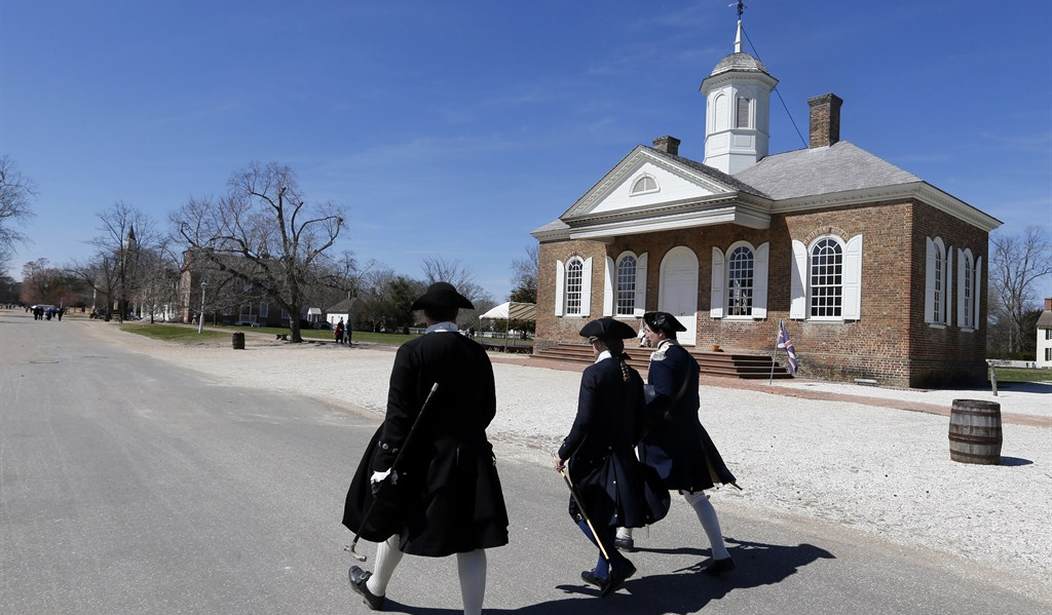

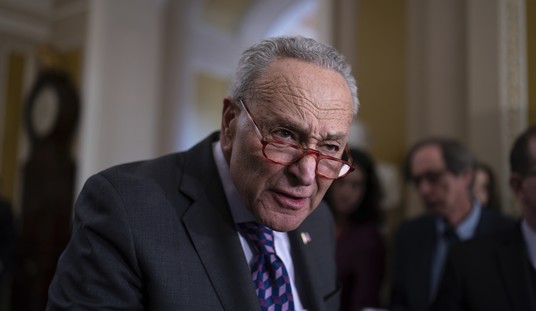

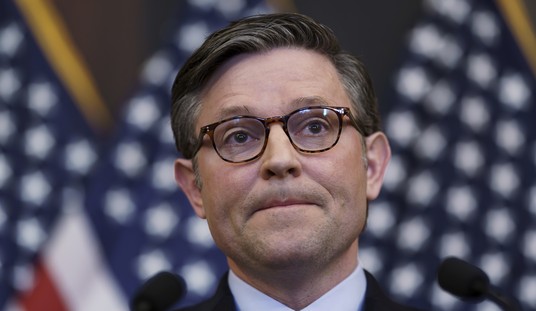
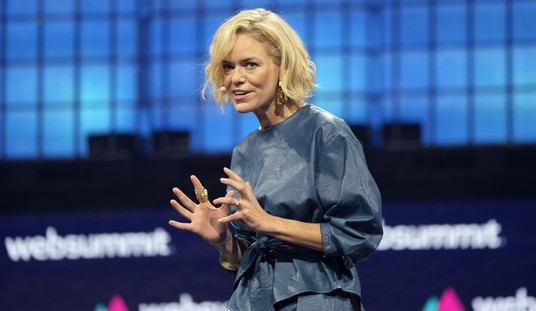



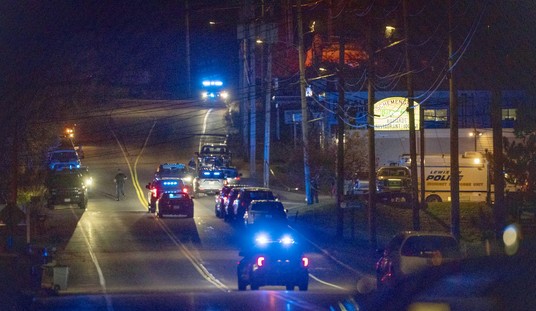
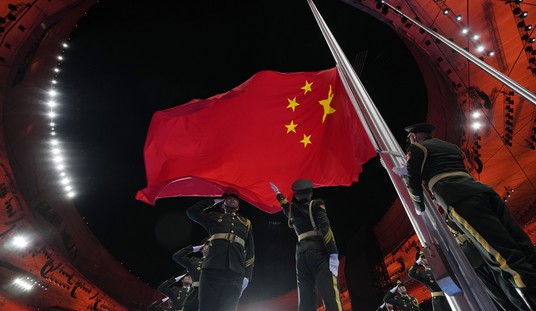


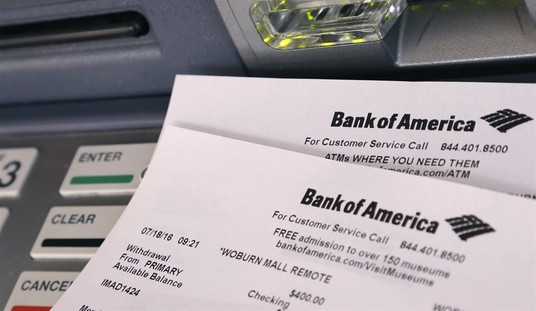
Join the conversation as a VIP Member